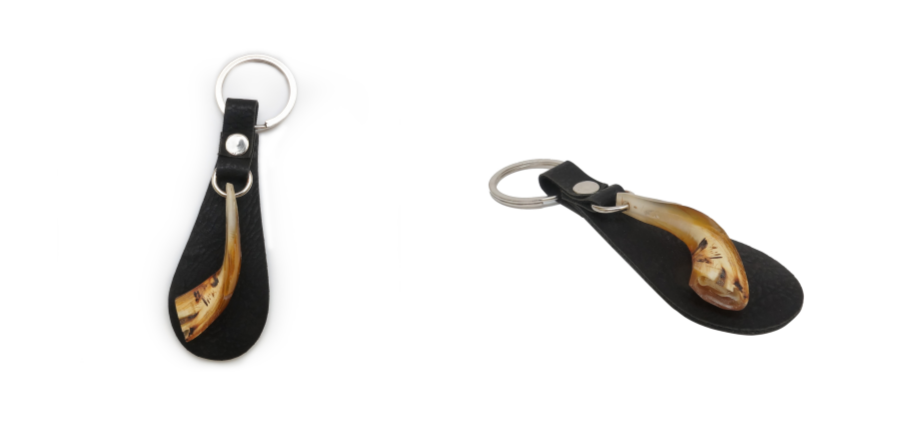
Drinking Wine in Moderation
Using fine wine to become inebriated is like wearing formal attire to mop a floor. Good wine, when drinking properly and in moderation, gladdens hearts…

King David had a deep insight into the workings of the soul. He said, “Wine shall gladden the human heart.” The sages of the Talmud go several steps further in the praise of wine. The Gemara observes, “Fine vintage wine illuminates the eyes”(1). And, in telling us how to joyfully celebrate on our holidays, the Gemara advises, “Wear freshly-laundered clothes and drink fine vintage wine.(2)”
Don’t think that the above praise constitutes a license to drink freely and indiscriminately. Maimonides(3) teaches us to steer clear of extremes and to choose a path of moderation in everything we do. In regard to drinking wine, the Gemara warns that if one drinks wisely and in moderation, he will become a leader; if he doesn’t drink with discrimination and in moderation, he will become a pauper(4). When it comes to women drinking wine, the Gemara doesn’t mince words at all about the connection between drinking wine and a woman’s dignity: “One glass of wine beautifies a women; two glasses make her look like a mess; after three glasses,  she demands vocally, and after four glasses, she won’t care if it’s a donkey from the marketplace”(5).
she demands vocally, and after four glasses, she won’t care if it’s a donkey from the marketplace”(5).
Throughout our tradition, fine wine is held in the highest esteem. It plays a central ceremonial role on the Sabbath, on holidays (particularly Purim and Passover), during the wedding ceremony and during the circumcision ceremony. Jewish religious law is exacting about the type of wine that one is allowed to make a blessing over. Therefore, using fine wine to become inebriated is like wearing formal attire to mop a floor or using the finest cut of chateau briand to grind up for hamburger. It’s a senseless waste.
The Torah shows what happens when wine is consumed with no regard for moderation. Lot, while taking refuge in a cave after fleeing from the destruction of Sodom, drank until he lost his senses. He ended up committing incest with his daughters(6).
Wine isn’t meant to be “gulped”. We fill a fine glass no more than half-way, so we can swirl the wine, expose it to oxygen and bring out its aroma. We sip the wine and gently let it spread across our palate to appreciate its taste. We even get to know our wine’s unique character and how it affects us in order to drink with discretion. Furthermore, we drink our wine with good food, or as we say in Ladino(7), cuzikos buenos – such high-quality Mediterranean munchies as olives and the bite-size chunks of the best cheeses. Binge-type wine drinking is not the type of activity that any self-respecting individual would do.
One finds a stark contrast both in eating and drinking patterns of the Nordic countries and the UK and between the Mediterranean countries. Whereas the former drink in bars and pubs and exhibit high levels of binge drinking, the latter drink mostly at home in a family atmosphere. Even though statistically, wine consumption is the highest per capita in the Mediterranean countries – probably because they are the leading wine producers – their consumption poses fewer health risks by virtue of their high intake of fresh fruits and vegetables, nuts and legumes, and their high intake of fish and olive oil. Their consumption of wine can best be described as regular but moderate.
Public Health organizations define moderate, low-risk consumption of wine using the concept of “drink-units”. A drink-unit is 10g of pure alcohol. Whereas a 25cc “shot” of 80-proof vodka would constitute one drink unit, 72cc of wine at a 13.8% alcoholic volume would be one drink unit. Most public health organizations list the guideline for moderate consumption as two drink-units a day for women and three drink-units a day for men, although in all fairness, this is referring to consumption alone without accompanying food.
Moderation and discretion are close comrades. Another important aspect of drinking wine in moderation is to be selective about whom you drink with. The sharing of fine wine involves a considerable measure of intimacy. We therefore refrain from drinking with strangers, for those who drink indiscriminately are prone to ruin what should be a delightful experience.
Our sages teach us that moderate drinking habits are a sign of good character, for one is recognized by his or her temper, behavior with money, and the way they drink wine.
Enjoy Israel’s exquisite wines in moderation.
L’Chayim – to life!
(1) Tractate Pesachim 42a












2/10/2014
better to drink only a couple times a year? I believe Rabbi Brody wrote that he and Rabbi Arush only drink alcohol (even wine) a few times a year, maybe Purim, Simchat Torah and Pesach. But this article implies that daily drinking is fine. Which is the correct view? Also, I've seen the recommendations listed somewhat differently than in this article — the standard I've seen is no more than two drinks a day for a man, and no more than one for a woman (given physiological differences in how alcohol effects men and women, and their different average sizes).
Dear JJ,
This article is the author's opinion – although it is consistent with Halacha and Jewish Hashkafa, it does not represent Rabbi Arush's viewpoint, which, as you say, is drinking wine on Purim and Pesach. Thanks for your input, the Editor
2/10/2014
I believe Rabbi Brody wrote that he and Rabbi Arush only drink alcohol (even wine) a few times a year, maybe Purim, Simchat Torah and Pesach. But this article implies that daily drinking is fine. Which is the correct view? Also, I've seen the recommendations listed somewhat differently than in this article — the standard I've seen is no more than two drinks a day for a man, and no more than one for a woman (given physiological differences in how alcohol effects men and women, and their different average sizes).
Dear JJ,
This article is the author's opinion – although it is consistent with Halacha and Jewish Hashkafa, it does not represent Rabbi Arush's viewpoint, which, as you say, is drinking wine on Purim and Pesach. Thanks for your input, the Editor
2/10/2014
Sage advice Not at all sexist. Truthful